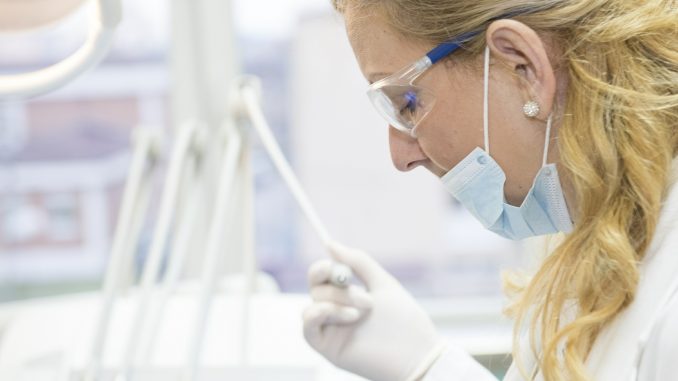
Under the current breast cancer screening guidelines, there’s a limit on the number of women being tested. It’s estimated that, in the US, around 330,000 women a year are diagnosed with breast cancer. Of these, it’s thought that around 10% of cases are hereditary. The National Comprehensive Cancer Network set out guidelines for genetic testing for breast cancer 20 years ago.
But, according to a study, there are restrictions in the way that women are screened in the US, which could be causing patients, who could potentially be a risk of developing hereditary cancer, to miss out on an early diagnosis. This means that it could be much harder for them to get the right treatment, and to get early treatment; this, in some cases, can be fatal.
Co-author of the study, Peter Beitsch, commented: “Unfortunately, insurance companies pay attention to these guidelines. Back then we tested for two genes, BRCA1 and BRCA2. Genetic testing was incredibly difficult to do and expensive; it cost about $5,000 to just test the two genes.” He goes on to explain that the guidelines “originated really as an economic roadblock to try to decrease the overall cost of healthcare in America.”
Furthermore, since the guidelines were introduced, other genetic mutations have become known to scientists. For example, it’s been discovered that BRCA1 and BRCA2 mutations, as well as other genetic factors, are linked to breast cancer. The cost of genetic testing has also dropped significantly in this time; and although the guidelines have been adapted, they are “complicated” and “unusable”.
The authors warn that many women do not meet the criteria set out under the current guidelines; and, this will go on to affect the quality of their care and treatment, and could even impact their chances of survival. Also, there’s the possibility that if genetic problems aren’t picked up in this generation of women properly, it could mean that those patients relatives don’t get the right treatment either, as they could have the same mutations.
As explained by Dr Otis Brawley, a professor at Emory University School of Medicine: “We treat them differently from a person with no known mutation.” For example, surgical decisions and the use of chemotherapy might be based on whether a woman has a genetic mutation. Over the past 20 years we are learning of a number of genes that can have a mutation. Some change our treatment.”


Leave a Reply